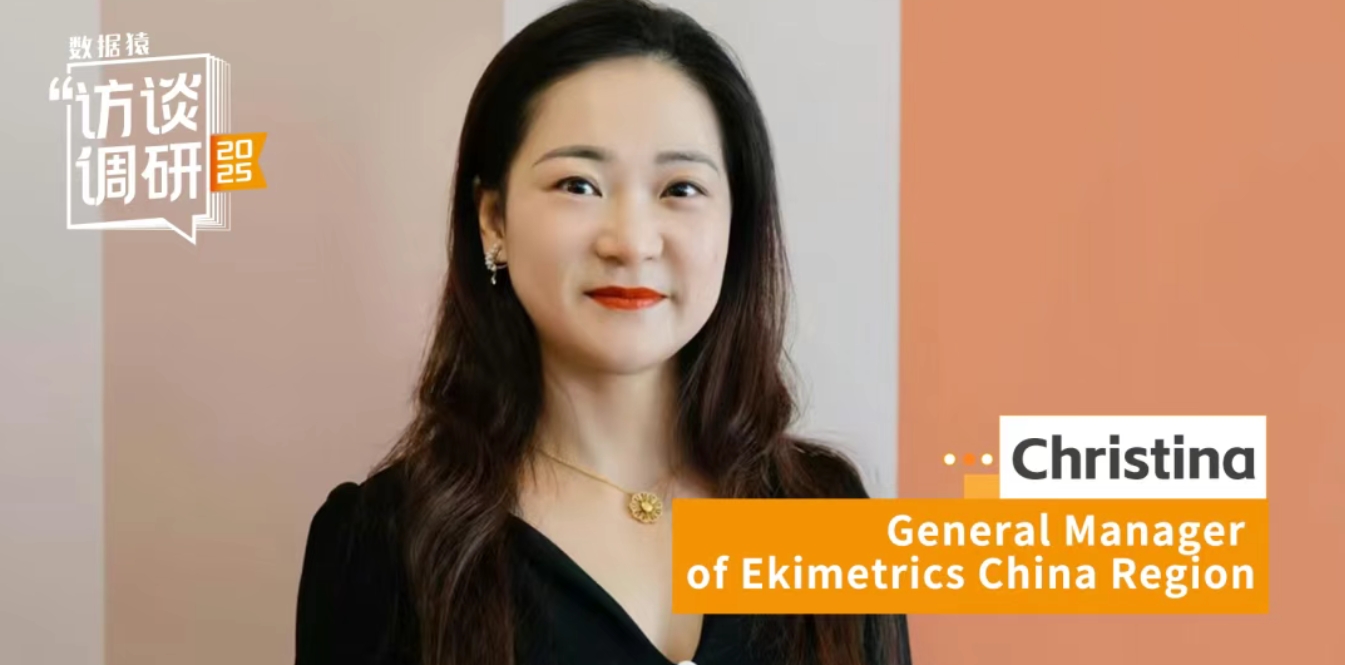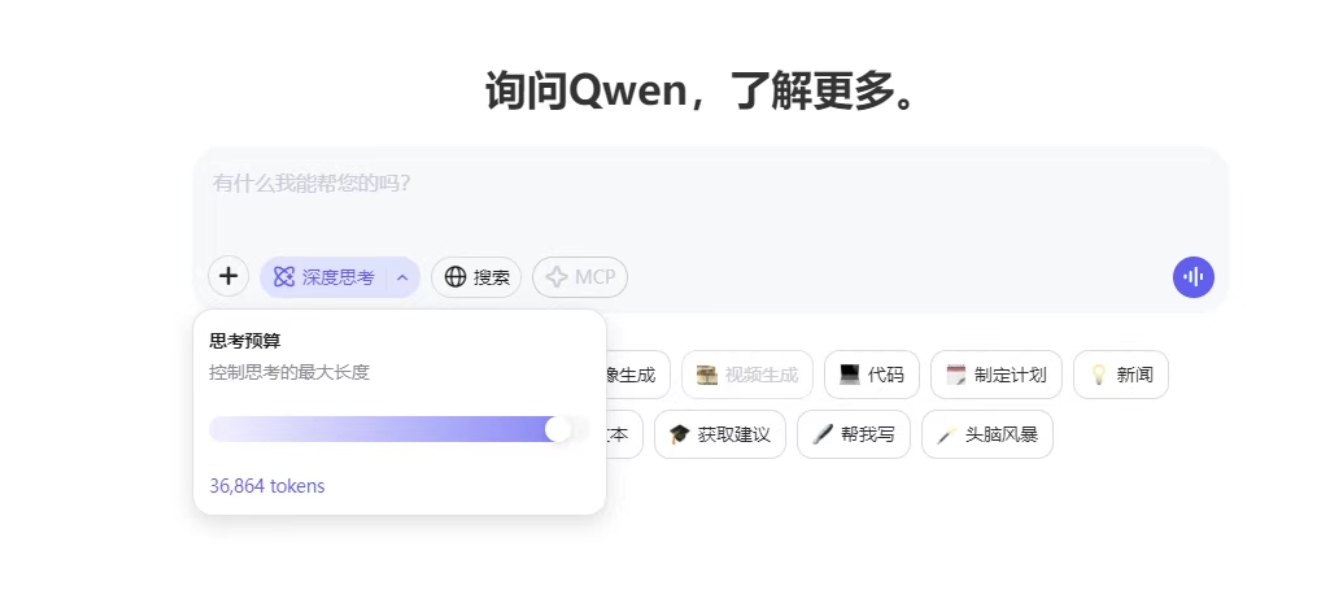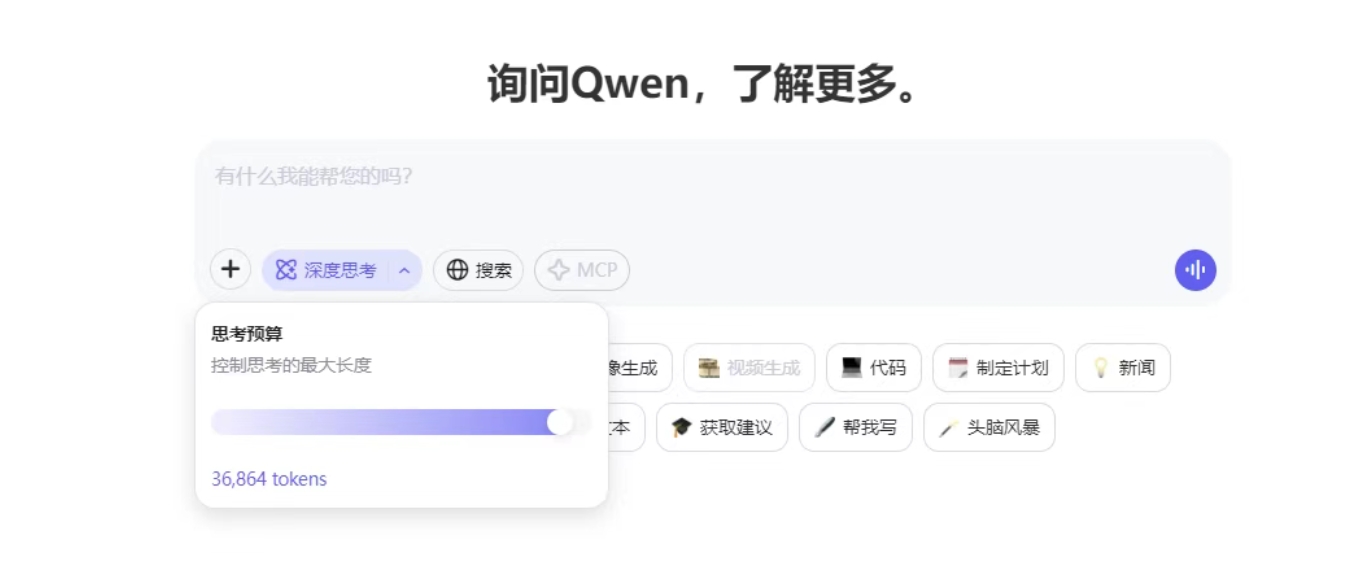Ekimetrics Brings New AI-Driven Consulting Model to China
原创 Rebbeca | 2025-05-30 00:26
【数据猿导读】 As the dust settles in the race among large language models (LLMs), businesses are moving beyond flashy demos and turning to tangible, commercial applications. Nowhere is this shift more visible than in consulting....

As the dust settles in the race among large language models (LLMs), businesses are moving beyond flashy demos and turning to tangible, commercial applications. Nowhere is this shift more visible than in consulting.
McKinsey rolled out QuantumBlack, Bain allied with OpenAI, and BCG doubled down on AI@Scale. One thing is clear: the consulting giants are rewriting their AI playbooks to make the technology a core driver of growth, efficiency, and cost savings.
Ekimetrics, however, is taking a different tack. The Paris-born firm isn’t selling SaaS or building its own foundation models. Instead, it fuses data science and AI to create a closed-loop system—one that transforms insights into predictions, and predictions into action.

Ekimetrics Paris Office
"We’re not in the business of building large models. Our job is to make them work for business," says Christina Cen, General Manager of Ekimetrics China. "Our edge lies in amplifying AI’s impact—not reinventing the wheel."
At Ekimetrics, data science and AI are deeply intertwined. Data science simplifies complexity by revealing patterns, causes, and underlying structures, while AI amplifies those insights, enabling faster, more adaptive decision-making. Together, they push consulting beyond expert opinion into the realm of disciplined, data-driven execution.
Powered by Data Science and Lifted by AI, Ekimetrics is Reshaping How Consulting Drives Business Growth
Founded in 2006, Ekimetrics has grown into a global business with 500+ data scientists and consultants, delivering projects across more than 80 countries.
Ekimetrics' portfolio covers a diverse range of sectors, spanning luxury, beauty, mobility, retail, finance, and hospitality. Equally impressive is its client roster, which includes industry leaders such as LVMH, L’Oréal, Renault, Peugeot, Sanofi, BNP Paribas, Michelin, Carrefour, and Accor—brands that shape and influence the global market
Its four core business solutions include:
☆Marketing & Commercial Effectiveness
☆Customer Analytics
☆Sustainability and ESG Reporting
☆Operational Excellence
Within its Marketing & Commercial Effectiveness practice, Ekimetrics has built particular expertise in Marketing Mix Modeling (MMM)—a data-driven methodology that analyzes historical variables such as advertising spend, pricing strategies, and promotional efforts to measure the true impact of each channel on sales performance and brand equity.
As global data privacy regulations tighten, traditional marketing attribution models that rely on individual-level tracking—particularly Multi-Touch Attribution (MTA) based on cookies and device IDs—are rapidly losing their effectiveness.
Marketers once depended on third-party cookies to track user journeys across websites and devices, allowing for precise attribution of each channel’s role in a conversion. But with the enforcement of privacy laws like GDPR and CCPA, and the introduction of Apple’s App Tracking Transparency (ATT) framework, users can now opt out of app tracking altogether. At the same time, major browsers are phasing out third-party cookies by default, making it increasingly difficult to monitor cross-platform user behavior.
Consider a once-standard customer journey: a consumer views an ad on Instagram via smartphone, then later completes a purchase on a laptop through a Google search. Previously, marketers could tie these actions together using cookies or device IDs, allowing for precise cross-device attribution. Today, that connection has largely disappeared. The result is fragmented data and growing uncertainty around which channels truly drive results.
For Chinese brands accelerating their global expansion, the implications are significant. Media ecosystems overseas are more fragmented, consumer behavior is highly localized, and data access is increasingly restricted. Strategies that once relied on gut instinct or a direct transplant of domestic playbooks are delivering diminishing returns.
In response, Marketing Mix Modeling (MMM) is experiencing a resurgence. By modeling historical advertising spend, sales performance, and contextual factors—such as seasonal trends, holidays, and competitive moves—MMM enables companies to identify the real drivers of growth. More importantly, it helps quantify the return on investment across markets and channels, offering a structured approach to resource allocation in a post-cookie, privacy-first world.
For companies operating under fixed budgets, MMM provides a data-driven framework to evaluate trade-offs—such as whether boosting digital ad spend in a specific market delivers higher marginal returns than shifting resources to in-store promotions or adjusting pricing strategies.
Its greatest advantage in the current regulatory climate is structural: MMM doesn’t require user-level data. It offers robust attribution and forecasting while staying fully compliant with global privacy standards, making it an increasingly vital tool for international marketers looking to balance performance with regulatory risk.
Ekimetrics, a pioneer in the field, has gone beyond traditional MMM. By integrating machine learning into its modeling framework, the firm has significantly enhanced the agility and predictive strength of MMM systems. This allows for faster adaptation to market shifts, clearer visibility into channel-level ROI, and the ability to run dynamic simulations across varying strategies, market conditions, and budget scenarios—turning MMM into a forward-looking planning tool rather than just a retrospective analysis.
In effect, this approach transforms marketing investment from a reliance on intuition into a continuous, measurable, and optimized decision-making process.
In a standout project, Ekimetrics collaborated with a global retail giant to optimize media ROI across APAC, covering five countries, six brands, and a dozen business lines.
In markets disrupted by e-commerce, COVID-19, and the rise of KOLs and livestreaming, traditional models simply didn’t cut it. Ekimetrics developed a holistic MMM to enhance decision-making by explaining, forecasting, and optimizing marketing budgets. Leveraging advanced brand modeling, Ekimetrics integrates customized digital metrics and long-term measurement techniques to ensure precision in marketing strategies. Additionally, tailored analytics solutions align with specific brand and market needs, offering deep, customized insights that empower businesses to make informed, strategic decisions.
Updated annually, the model evolved to include finer-grained media channels, sales pathways, and influencer strategies. It also incorporated a cross-border data integration layer to improve allocation decisions.
The results were impressive: over €25 million in incremental revenue in a single quarter and a 4:1 return on ad spend. The system is now scaling across Southeast Asia, expanding its footprint alongside the client’s growth.
Rethinking R&D with AI
In anticipation of sweeping regulatory changes set to take effect across Europe in 2025, a global beauty conglomerate faced a formidable challenge: reformulate more than 1,500 hair dye products in just three years. For traditional R&D operations, it was an unprecedented stress test.
To meet the deadline without ceding ground to competitors, the company turned to Ekimetrics. The Paris-based data science and AI consultancy developed a machine learning–driven model designed to recommend alternative formulations that meet new compliance standards. The system, built in collaboration with the brand’s R&D team, accelerated the approval process dramatically—scaling output from 50 to 500 formulas per year and significantly reducing time-to-market.
Ekimetrics didn’t stop at algorithmic optimization. It also built a centralized cloud-based data platform to automate test data collection, integration, and analysis, wrapped in a UX layer that aligned with how researchers actually work. The result was not just faster turnaround, but a more structured and scalable development pipeline.
Unlike firms selling off-the-shelf AI tools, Ekimetrics positions itself as a tailored consulting partner—one that starts with a client’s strategic pain point and assembles custom-fit solutions by blending analytics, sector knowledge, and technical expertise.
“We’re not a tech vendor, and we’re not selling one-size-fits-all products,” said Christina, General Manager of Ekimetrics China, in an interview. “Every project starts with a simple question: What’s the real business challenge the client needs to solve ”
Bringing Global Expertise to Local Complexity: Ekimetrics Doubles Down on China
In 2024, Ekimetrics opened its China office in Shanghai, launching a localization strategy that aims to scale to around 50 people within the next few years.
Christina, a veteran of McKinsey, Bain, and Deloitte, leads the effort. With deep experience in consumer goods, retail, mobility, and MNCs—as well as a stint building digital tools for China’s aging population—she brings both strategic and operational fluency.
"We’re a company with a consultant’s brain and an engineer’s hands," she says. "My role is to turn business vision into executable, scalable systems."
Initially focused on multinational clients in China, Ekimetrics is now turning its attention to Chinese local firms with global ambitions. But international expansion comes with a steeper learning curve—regulatory hurdles, cultural differences, and data fragmentation are just the start. And this is where Ekimetrics’ global expertise becomes a competitive advantage.

Also, economic uncertainty has made Chinese companies more cautious about AI investments. Projects are expected to prove clear, quantifiable ROI—not just promise innovation. At the same time, regulatory and localization pressures are rising. Since China’s Personal Information Protection Law (PIPL) came into force, more firms are asking to deploy large models on private cloud or on-premises servers. As a result, AI modeling under strict compliance frameworks has become a core requirement—not an afterthought.
Beyond technical expertise, Ekimetrics also differentiates itself with its strategic flexibility and selective approach to partnerships. “We don’t compete on price,” Christina says. “Our clients value effectiveness and strategic fit—not just cost.” The real benchmark, she adds, isn’t how many projects a firm can land, but whether it can consistently deliver verifiable results and long-term impact.
In today’s ever-changing market landscape, leading consultancies are no longer just advisors—they’re co-pilots. Companies often struggle to break free from internal biases or legacy frameworks. Ekimetrics, with its cross-sector and cross-market experience, is positioned to help clients reframe the problem, sharpen direction, and identify new opportunities.
The firm’s modular, plug-and-play approach brings together data scientists, AI engineers, and business consultants in tightly integrated teams. This end-to-end capability—spanning insight discovery, model development, and deployment—proves especially valuable for companies that lack mature in-house data teams or are navigating transitional periods under pressure.
Unlike firms that deliver one-off solutions, Ekimetrics focuses on building long-term capabilities that evolve with the business. These systems are not just designed for a single project—they're built to help clients adapt continuously, stay resilient in unpredictable environments, and pursue sustainable growth.
“Our work always starts with a real business challenge,” Christina says. “Clients don’t come to us for a model or a slide deck. They’re looking for a partner who can think deeply with them—and stay by their side as they grow.”
In 2025, Ekimetrics marks ten years of operations in APAC. Since entering the region in 2015, the firm has steadily localized its European-rooted modeling expertise and strategic consulting practice, emerging as a key technology partner for companies pursuing data-driven transformation across the region.
Now, with AI redefining how businesses make decisions, the company’s goal has also shifted—from simply helping companies “use AI well” to empowering them to “make better decisions at every critical moment,” and to generate measurable, long-term value in the process.
Companies Now Expect Consulting That Builds, Not Just Advises
Despite a broader global slowdown, China’s management consulting industry continues to chart steady growth—expanding at an annual rate of 5% to 8%. The sector reached an estimated RMB 250 billion ($35 billion) in 2022 and is on track to hit between RMB 270 billion and 290 billion by the end of 2024, according to industry projections.
While international heavyweights such as McKinsey, Boston Consulting Group, and Bain & Company still command the high-end of the market, a new wave of domestic consultancies is rapidly gaining traction. These homegrown players are carving out niches in consumer goods, cross-border e-commerce, and intelligent manufacturing—sectors where local knowledge and speed of execution increasingly matter more than global brand recognition.
At the same time, client expectations are shifting. Companies are looking beyond PowerPoint presentations and cookie-cutter strategies. They want solutions that are actionable, scalable, and grounded in operational reality. The consulting brief has evolved—from offering strategic insight to building the underlying capabilities needed to implement it.
Firms are being asked to solve problems that are as technical as they are strategic: data governance, large language model deployment, AI integration in live business environments, and ESG compliance. These are not theoretical exercises—they require systems that work under real-world constraints.
The rise of outbound expansion has added yet another layer of complexity. As more Chinese companies look abroad for growth, they need consulting partners who can blend global perspective with on-the-ground fluency—navigating cultural nuance, regulatory hurdles, and fragmented market infrastructure.
The consulting industry in China is moving past its legacy of imported frameworks and generic advice. The firms best positioned for the next phase of growth are not necessarily those with the most slides, but those with the clearest understanding of how to deliver real impact amid uncertainty. In a market defined by rapid change, the ability to adapt—and to help clients adapt—is fast becoming the ultimate differentiator.
来源:数智猿
我要评论
不容错过的资讯
大家都在搜















































































































